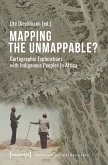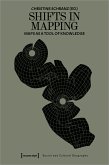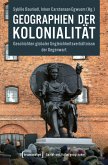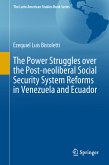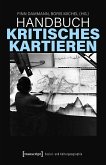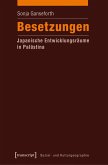Post-foundationalism departs from the assumption that there is no ground, necessity, or objective rationale for human political existence or action. The edited volume puts contemporary debates arising from the »spatial turn« in cultural and social sciences in a dialogue with post-foundational theories of space and place to devise post-foundationalism as radical approach to urban studies. This approach enables us to think about space not only as socially produced, but also as crucially marked by conflict, radical negativity, and absence. The contributors undertake a (re-)reading of key spatial and/or post-foundational theorists to introduce their respective understandings of politics and space, and offer examples of post-foundational empirical analyses of urban protests, spatial occupation, and everyday life.
Dieser Download kann aus rechtlichen Gründen nur mit Rechnungsadresse in A, B, BG, CY, CZ, D, DK, EW, E, FIN, F, GR, HR, H, IRL, I, LT, L, LR, M, NL, PL, P, R, S, SLO, SK ausgeliefert werden.

![[Un]Grounding (eBook, PDF) [Un]Grounding (eBook, PDF)](https://bilder.buecher.de/produkte/59/59857/59857233n.jpg)

